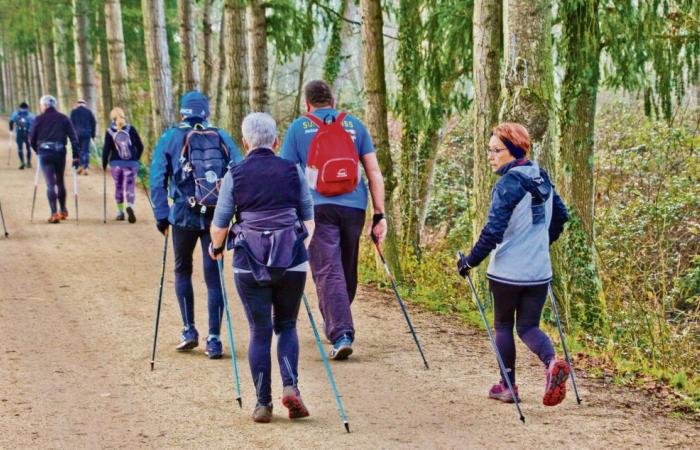
The Directorate of Research, Studies, Evaluation and Statistics (Drees) has chosen the last day of 2024 to publish the results of a study on “disability-free life expectancy at age 65” quantifying the “number of years a person can expect to live without being limited by a health problem in the activities of daily living”at this period of life.
And these data are encouraging. In France, healthy life expectancy has now reached 77 years for women and 75.5 years for men. Among the years remaining to live at age 65, the share of those who will be lived without disability has increased since 2008: it increased between 2008 and 2023 from 44.7% to 50.8% for women, and from 47.7%. at 52.9% for men.
The causes of death remain the same
In 2022, France is 5th among the 27 countries of the European Union for disability-free life expectancy of women at age 65 and 7th for disability-free life expectancy of men at age 65. It is in 2nd place for life expectancy of women at 65 and 4th for that of men.
Based on the latest statistics, dated 2022 and 2023, the Drees concludes that the healthy life expectancy of the French has increased “one year and eleven months for women and one year and ten months for men”since 2008, thus becoming “higher than the European average: two years and six months for women and one year and four months for men”.
Since 2008, “life expectancy without disability at age 65 has increased faster than life expectancy”which reaches 85.7 years for women and 80 years for men, according to INSEE. Last October, Public Health France and Inserm indicated that the average lifespan, although having increased by a few months between 2021 and 2022, remained fixed, in our country, at 79.5 years.
The causes of death remain mainly cancers – one in four deaths – followed by cardiovascular diseases with one in five deaths, although medical and health progress has increased life expectancy by 30% in a hundred years in developed countries. .
The impact of inequality
The disabilities in life expectancy targeted by the Drees study are linked to several social and medical factors having an impact on premature mortality. And their decline does not erase the impact of social inequalities. Last July, INSEE showed that 35-year-old male executives live on average five years and three months longer than workers.
A gap estimated at three years and four months for women. The study emphasized the fact that parts of the population more advantaged by their standard of living consult doctors and specialists more, while excessive alcohol consumption, smoking and obesity are always more significant among the working social classes. .
After the good news represented by the results of the Drees study, these latest details are important to keep in mind, particularly in this period when the right and the employers are united to avoid the repeal of the latest pension reform, yet desired by the majority of French people.
Before leaving, one last thing…
Unlike 90% of French media today, Humanity does not depend on large groups or billionaires. This means that:
- we bring you unbiased, uncompromising information. But also that
- we don't have not the financial means that other media benefit from.
Independent and quality information has a cost. Pay it.
I want to know more





